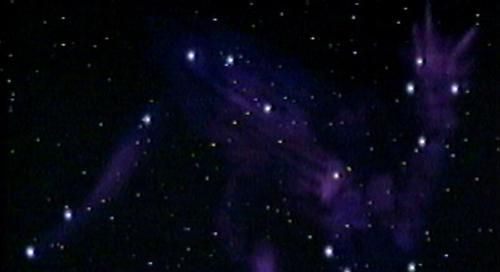In the West dragons have almost always assumed a villainous role, they are spawn of the devil and wicked beasts that ought to be suspected and often steal away princesses or some treasure and guard them against the hero. The greatest of dragons in literature up until the 80s were those written by Tolkien in his Hobbit novel and Glaurung from the Childre…
© 2025 Brothers Krynn
Substack is the home for great culture



